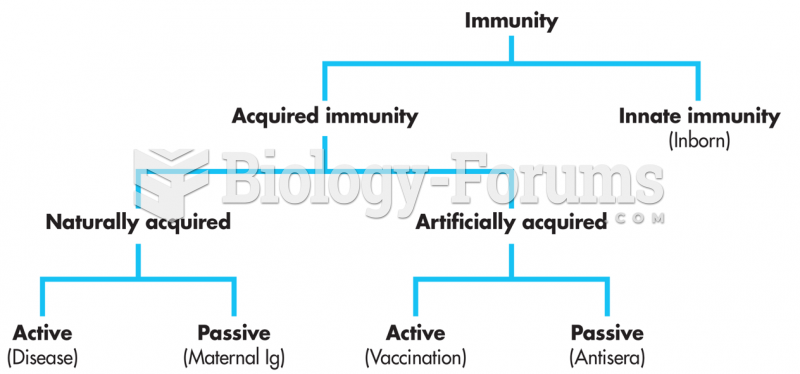Answer to Question 1
Answer:
Counselors have a master's degree in counseling or social work and focus on talk therapy. Counselors may lead group, family, or individual therapy sessions, as well as recommend services available within your community.
Psychologists have a doctoral degree and provide talk therapy. Many have particular specialties, and they may lead group, family, or individual therapy sessions.
Psychiatrists have a medical degree and usually focus on the medical aspects of psychological issues. They can prescribe medication and may have admitting privileges at local hospitals. Psychiatrists and psychologists often work together to provide a person a full range of care.
Answer to Question 2
Answer: Cognitive-Behavioral Therapy. According to the National Association of Cognitive-Behavioral Therapists, cognitive-behavioral therapy (CBT) is a form of psychotherapy that emphasizes the role of thinking (cognition) in how we feel and what we do.
Behavior Therapy. Either under the umbrella of CBT or alone, behavior therapy focuses on changing learned behaviors as efficiently and effectively as possible. The core idea behind behavior therapy is that, once our behavior changes, our thoughts, feelings, attitudes, and moods will follow.
Psychodynamic Therapy. Also called psychoanalysis, psychodynamic therapy is founded on the idea that there are unconscious sources for a person's behavior and psychological state. Together, patient and therapist unearth unresolved conflicts buried in the unconscious, then talk through these conflicts in order to understand them and to change the ways in which they affect the patient today.
Positive Psychology. Positive psychology is an emerging field that focuses on increasing psychological strengths and improving happiness, rather than dwelling on psychological problems. This type of therapy aims to nurture in patients traits such as kindness, originality, humor, optimism, generosity, and gratitude.







